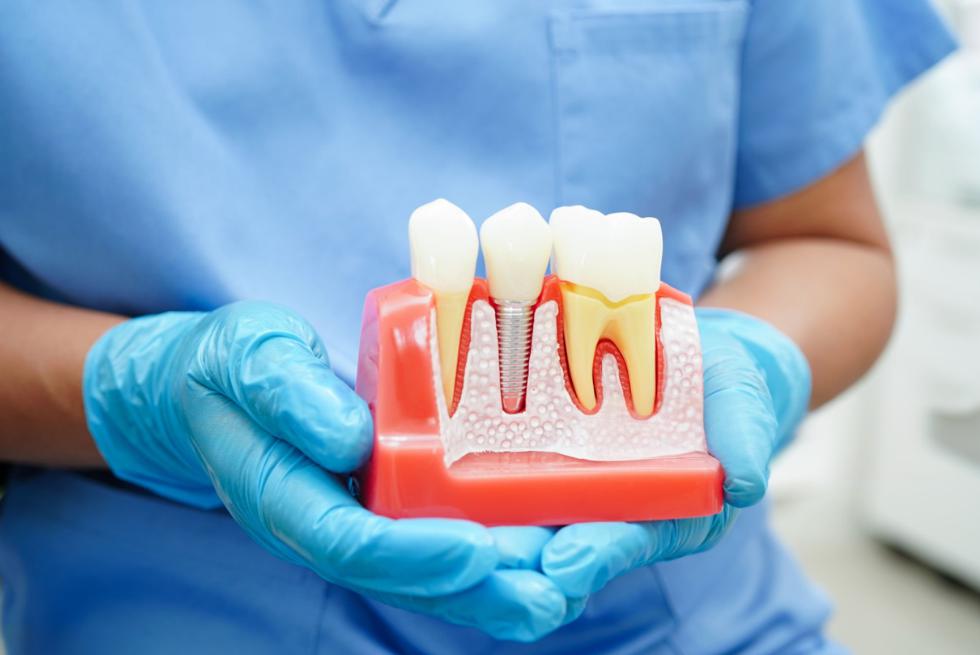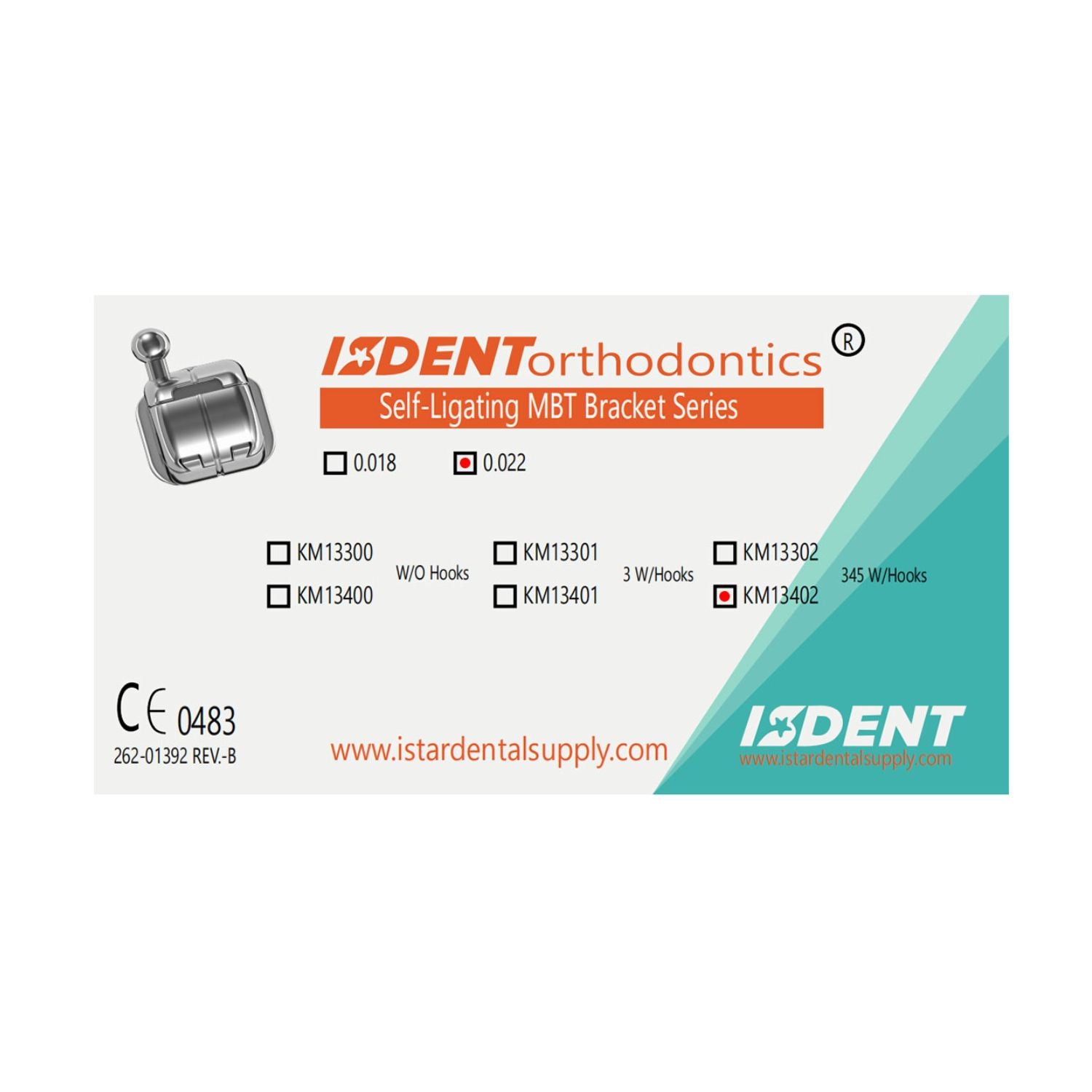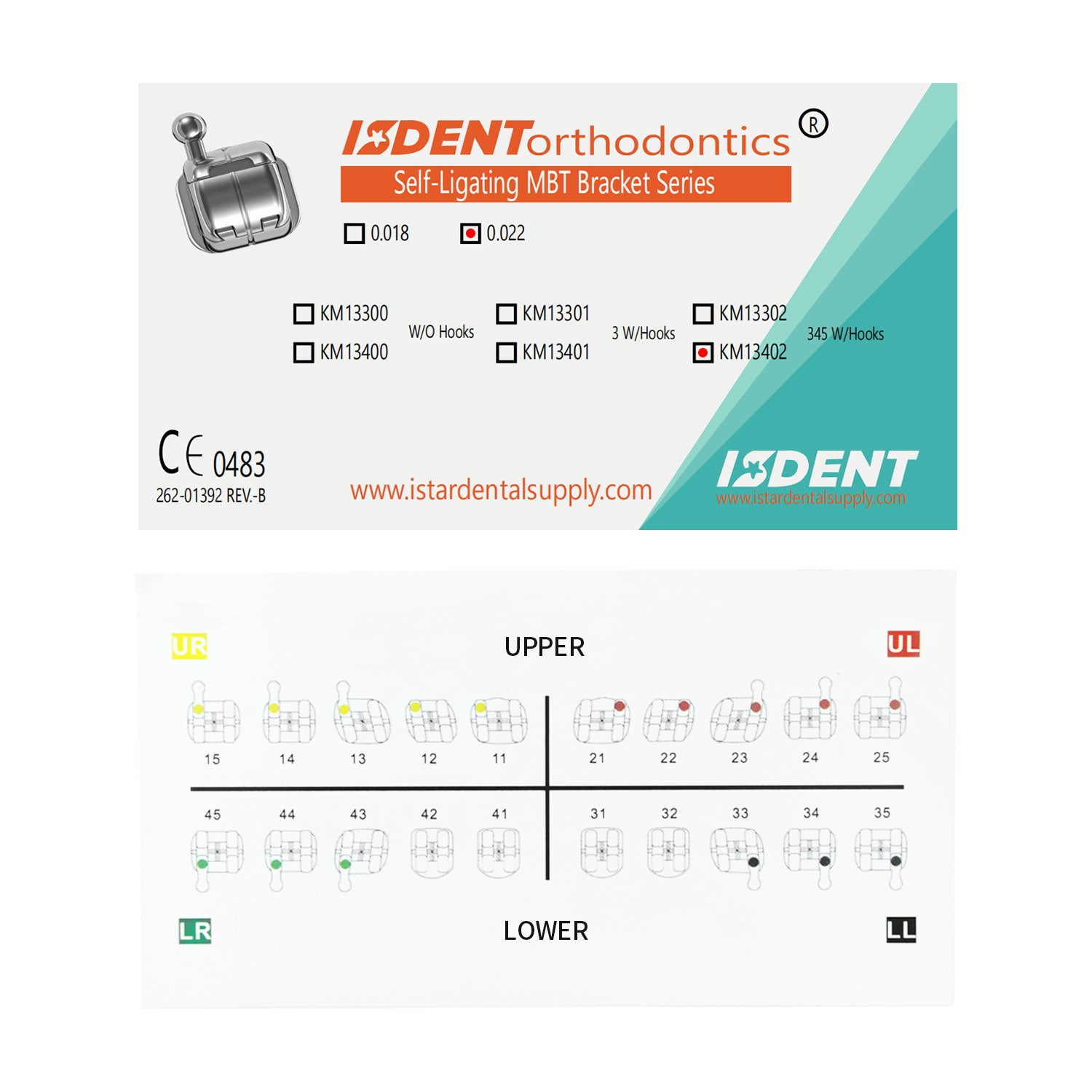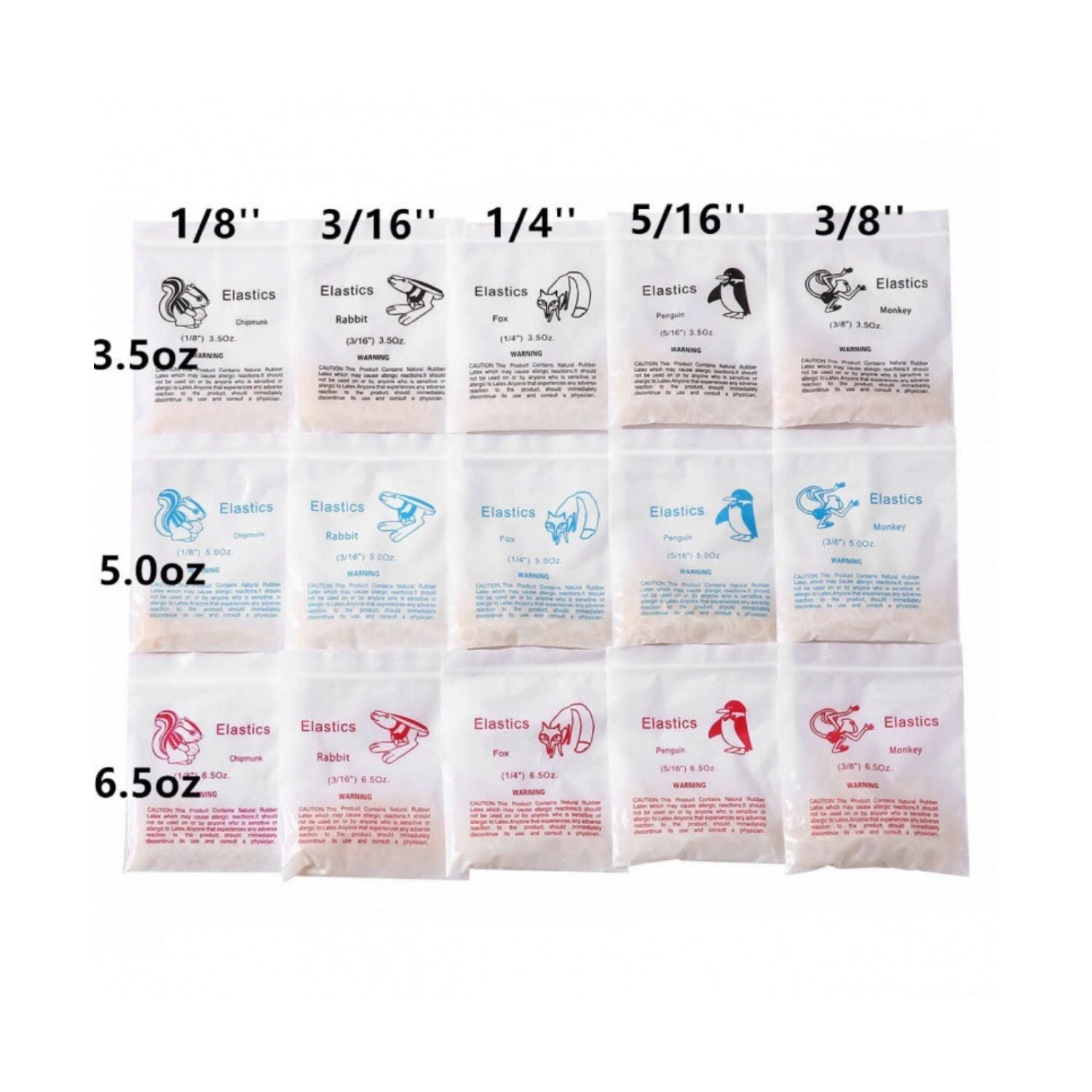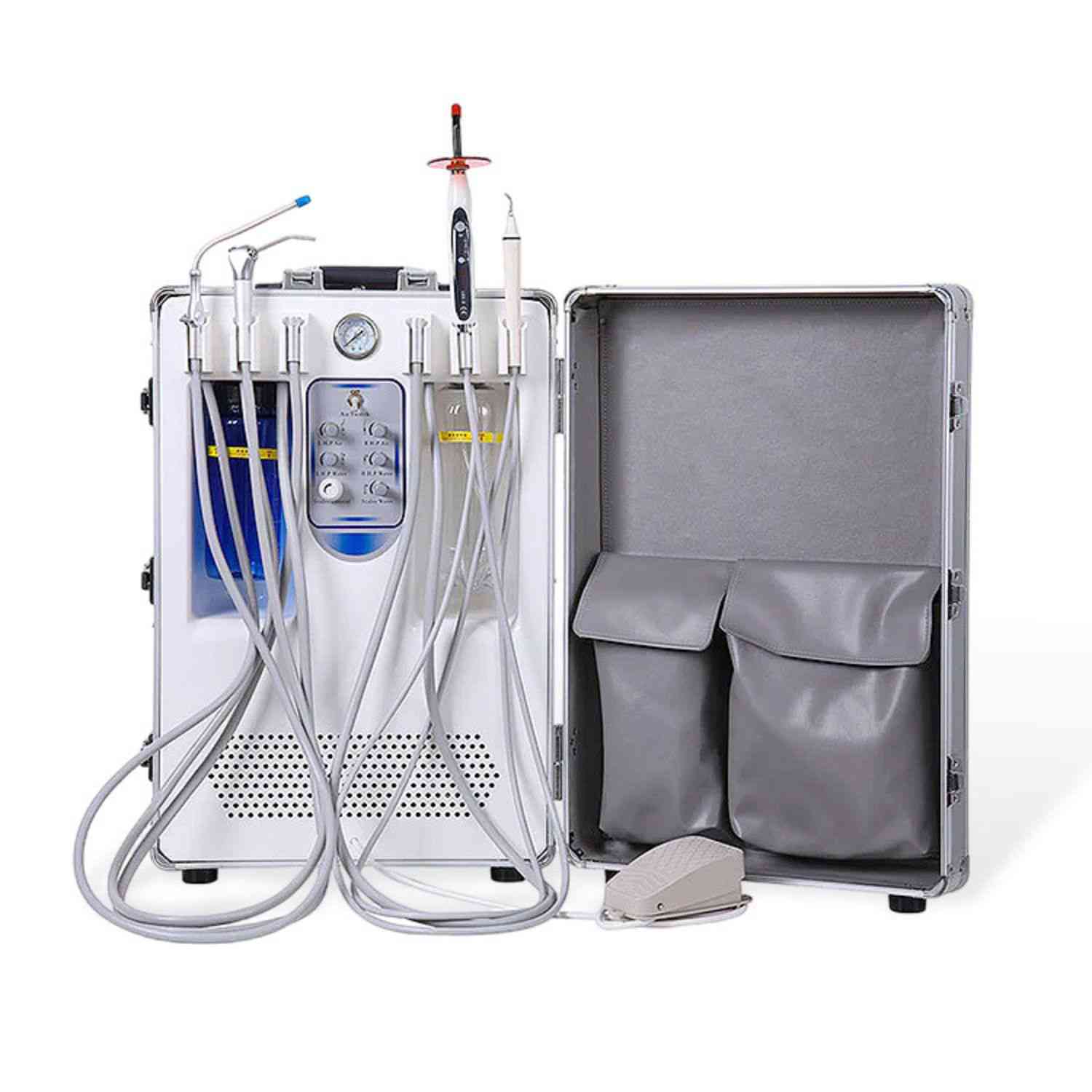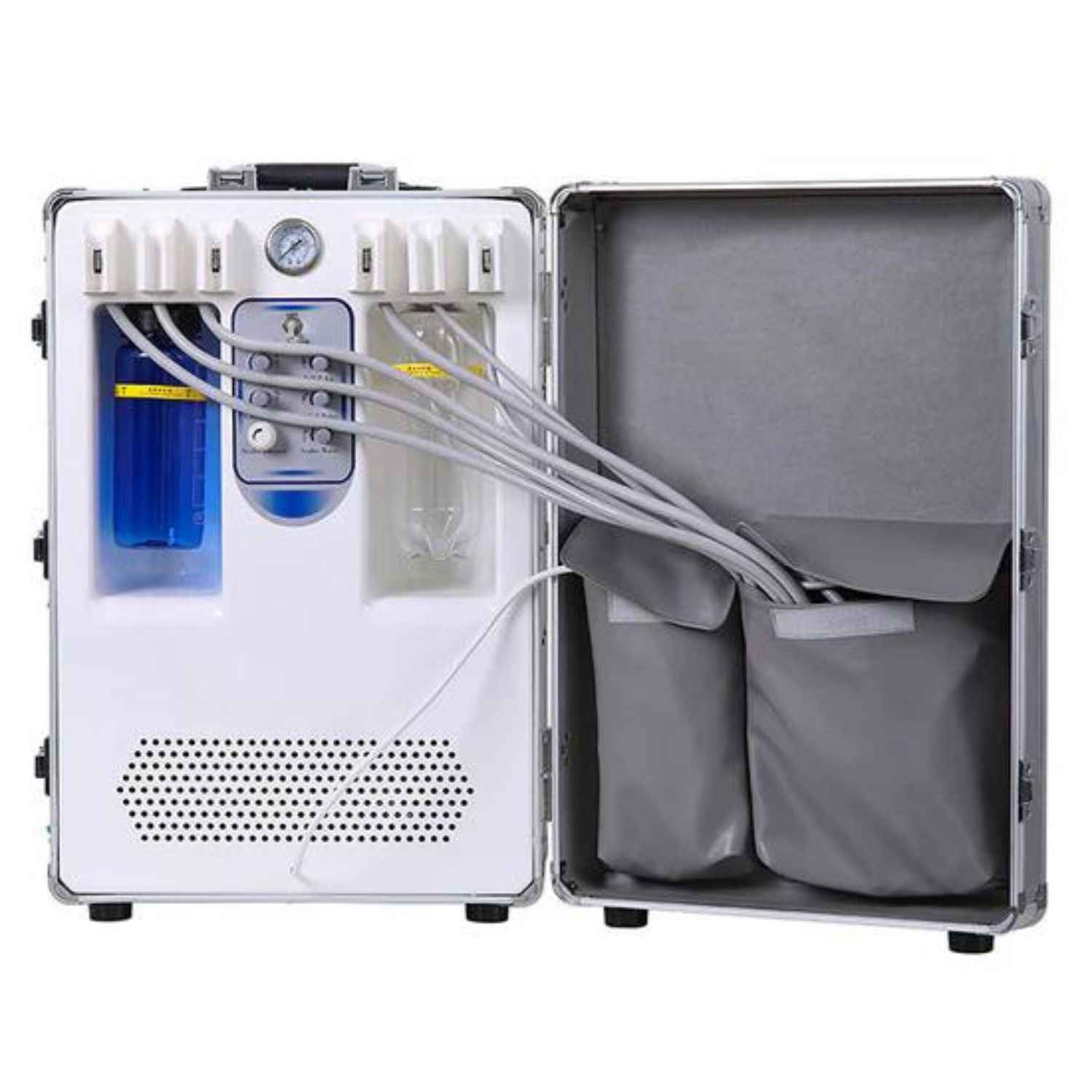What Is Prosthodontics? Definition, Procedures, and When You Need It
Introduction to Prosthodontics
Prosthodontics is a type of dental care. It helps fix teeth that are gone or broken. It can make new teeth when yours are missing. It helps you chew food better. It helps you talk clearly too. It makes your smile look nice.
The American Dental Association (ADA) says prosthodontics is a special type of dental work. It is one of 12 special areas in dentistry. Dentists who do this work go to school for many extra years.
Prosthodontics helps fix problems with teeth and jaws. Some people lose teeth as they get older. Did you know more than 30% of adults aged 65-74 have no teeth at all? This is called edentulism. Prosthodontics can help these people eat and smile again.
What Does a Prosthodontist Do?
A prosthodontist is a special dentist. They fix hard cases that other dentists can't fix. They have lots of training to help people with big dental problems.
They can help if you have:
-
Missing teeth
-
Broken teeth
-
Jaw problems
-
Problems after an accident
-
Problems you were born with
Prosthodontists do many kinds of work:
-
Fixed prosthodontics - This means things that stay in your mouth like crowns, bridges, and veneers.
-
Removable prosthodontics - This means things you can take out like dentures.
-
Implant prosthodontics - This means putting new tooth roots in your jaw.
-
Maxillofacial prosthetics - This is for people who had cancer or bad accidents.
Prosthodontists use cool tools like computers and 3D imaging to make new teeth look just right. They work with dental equipment to fix your smile.
Prosthodontist vs. General Dentist
How is a prosthodontist different from your regular dentist? They go to school longer! After dental school, they train for 3 or more years just to learn about fixing missing teeth.
The American College of Prosthodontists says these dentists are experts in:
-
Fixing whole mouths of teeth
-
Making your bite feel right
-
Working with other dental experts
You should see a prosthodontist when you have:
-
Lost many teeth
-
Bad bone loss in your jaw
-
Pain in your jaw joints
-
Need a full set of implants
General dentists can do some simple fixes. But prosthodontists handle the hard cases. They can use special dental handpieces for complex procedures.
Common Prosthodontic Procedures
Prosthodontists do many kinds of work to fix your teeth and smile. Here are the most common ones:
Dental Implants
Dental implants are metal posts that go into your jaw bone. They work like new tooth roots. Then the dentist puts new teeth on top. Implants have a 95% success rate over 10 years when done right. That means they almost always work well!
Dentures
Dentures are fake teeth you can take out. Some replace all your teeth. Others just replace some teeth. In the US, about 12% of adults aged 20-64 have no natural teeth and might need dentures.
Crowns and Bridges
Crowns cover broken teeth to make them strong again. Bridges fill gaps between teeth. They use special materials like porcelain or zirconia. Studies show zirconia crowns last longer - they have a 92% survival rate at 15 years.
Veneers
Veneers are thin covers that go on the front of your teeth. They fix chips, gaps, or stains. They make your smile look pretty.
Bone Grafts
Sometimes your jaw bone is too thin for implants. Bone grafts add more bone so implants can work. This helps if you've had teeth missing for a long time.
Who Needs Prosthodontic Care?
You might need to see a prosthodontist if you have:
-
Missing teeth from cavities, accidents, or being born without some teeth
-
Worn down teeth from grinding or acid
-
Jaw pain or trouble with your bite
-
Smile problems you don't like how your smile looks
Over 3 million dental implants are put in each year in the U.S. Many people need prosthodontic care to help them eat and smile better.
People with prosthodontic treatments feel better about themselves. A study showed 98% patient satisfaction with a type of full-mouth implants called All-on-4®.
Benefits of Prosthodontics
Prosthodontics helps you in many ways:
Better Function
With fixed teeth, you can eat all foods again. You can speak clearly. Your bite feels right. Prosthodontic care improves chewing efficiency by 70% for older patients.
Better Looks
Your new teeth look real. Your face shape stays normal. You can smile with pride.
Better Health
New teeth keep your jaw bone strong. They stop other teeth from moving. People with good teeth often live longer too!
A study showed patients using preventive prosthodontics (like night guards) had 40% less tooth wear over 5 years. Taking care of problems early helps!
How to Choose a Prosthodontist
Finding the right prosthodontist is important. Here's how to pick a good one:
-
Check their training - Make sure they are certified by the American Board of Prosthodontics.
-
Look at their tools - Good offices use new technology like digital scans and computer designs. They might use intraoral cameras to see your teeth better.
-
Read reviews - See what other patients say about complex cases.
-
Ask questions - Good prosthodontists explain things clearly.
-
Check if they use dental loupes - These special glasses help them see tiny details.
Common Questions About Prosthodontics
Does insurance pay for prosthodontics?
Most dental plans pay for some prosthodontic work. How much depends on your plan. Some plans might pay half the cost. Some procedures might be covered if they are needed for health, not just looks.
How long do prosthodontic treatments last?
Implants can last 20 years or more if you take good care of them. Dentures last about 5-7 years before they need fixing or replacing. Crowns can last 10-15 years. How you care for your new teeth makes a big difference in how long they last.
Does prosthodontic work hurt?
No, it should not hurt much. The dentist uses medicine to numb your mouth. Some people even sleep during big procedures. You might feel sore after, but dentists can give you medicine for pain.
How long does treatment take?
Simple cases might take a few weeks. Complex cases with many steps might take months. Implants need time to heal with your bone. Your prosthodontist will tell you how long your case will take.
Prosthodontics By The Numbers
Let's look at some important facts about prosthodontics:
|
Fact |
Number |
|
Adults aged 65-74 with no teeth |
Over 30% worldwide |
|
Success rate of dental implants |
95% over 10 years |
|
Patient happiness with All-on-4® implants |
98% |
|
Tooth wear reduction with night guards |
40% over 5 years |
|
How long zirconia crowns last |
92% still good at 15 years |
|
Adults in US aged 20-64 with no teeth |
12% |
|
Improvement in chewing for older patients |
70% better |
|
Dental implants placed yearly in U.S. |
Over 3 million |
These numbers show that prosthodontic care works very well for most people.
Taking Care of Your Prosthodontic Work
To make your new teeth last longer:
-
Brush twice a day
-
Floss daily
-
See your dentist for check-ups
-
Don't chew very hard things
-
Wear a night guard if you grind your teeth
Good care means your new teeth will last many years. This saves you money and keeps your smile looking great.
When to Get Help
You should see a prosthodontist when:
-
You lose teeth and want them fixed
-
Your dentures don't fit right
-
You have pain when chewing
-
Your teeth are very worn down
-
You don't like how your smile looks
Don't wait until problems get worse. Early help from a prosthodontist can save teeth and prevent bigger problems.
Summary
Prosthodontics is a special type of dentistry that fixes missing or broken teeth. It helps you eat, talk, and smile better. Prosthodontists train for many extra years to fix complex dental problems.
Common treatments include dental implants, dentures, crowns, bridges, and veneers. These treatments have high success rates and make patients happy.
If you have missing teeth or jaw problems, a prosthodontist can help. They use modern tools and methods to give you a better smile and better health.
Remember that good care makes your new teeth last longer. See your dentist regularly and follow their advice for the best results.
Now you know what prosthodontics is and how it can help you have a healthy, happy smile!

